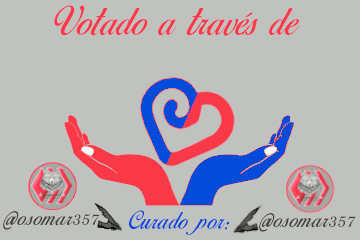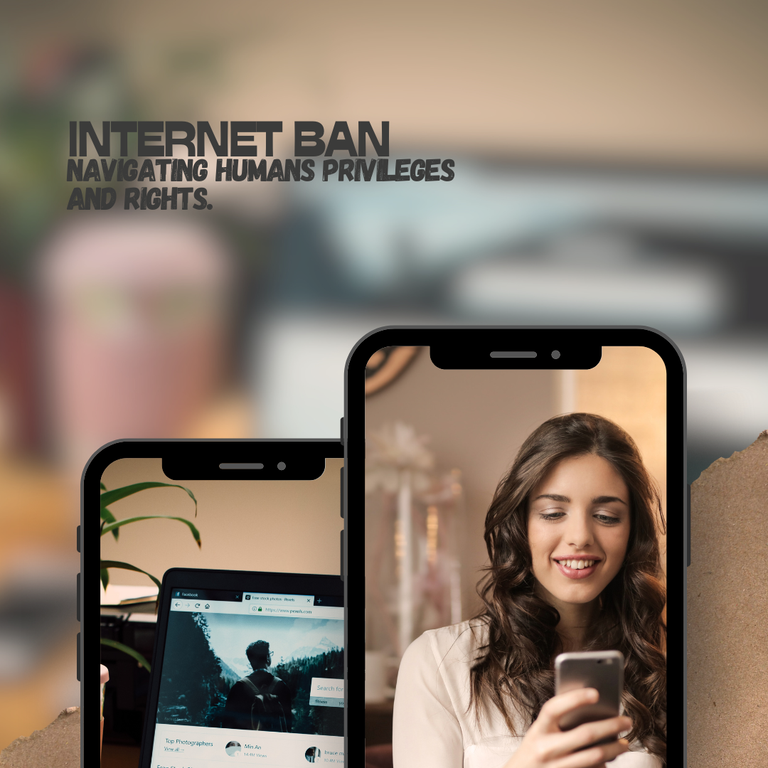
The trajectory of humans fundamental human rights has been influenced by the impact of modernisation based on all kind of innovations that are now available in our society due to technological advancement, in the aim of ensuring each society's interest is protected unprecedented policies are now more rampant than usual. There are all kind of factors that are in place that can now hinder what we used to consider fundamental human rights, factors that can lead to abuse of this right. One of the primary duties of every government of a country is to come up with policies that would protect their national interest and prevent all manner of chaos.
Every tool created by humans becomes an extension of expression of our natural privileges, for instance, right to life is one of the most popular among the fundamental human rights we have but now we have medical innovations capable of prolonging a human life even in a vegetative state. Which means while a human being is unconscious he or she can still continue to live for a long period of time. Due to this we now have countries with policies that prescribes how long a human being can live on life prolonging machines, which is something that never was but due to new emerging technologies such policies had to be made to prevent abuse.
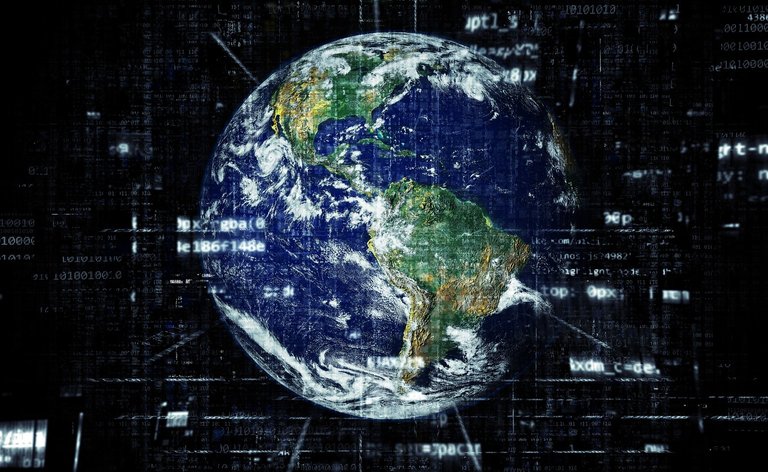
In the same vein, one of the greatest invention of mankind is internet, an innovative invention that has become a global phenomenon connecting everyone to different sources of information across the globe without the need of moving an inch. The capabilities of the internet is mind blowing due to its ability to make all kind of content available to anyone regardless of race or location. With the emergence of the internet it has reshape the trajectory of dissemination of information that used to be one of the tools used by government to control their citizens.
The dissemination of information is no longer centralised or depending on one entity. Every individual with internet can access the information of their choice without needing the approval from government. Before the emergence of the internet all we had was the almighty conventional media whose words was considered the voice of god. Despite the potency of the conventional media in the dissemination of information it is also subjected to censorship by government since it is a physical entity that can easily be cajoled or yield to the threat from the government. Notwithstanding, it became a medium that disseminate the wishes and desires of the government instead of serving the people's interest and the people had no choice but to believe since all we had was just one source of information.
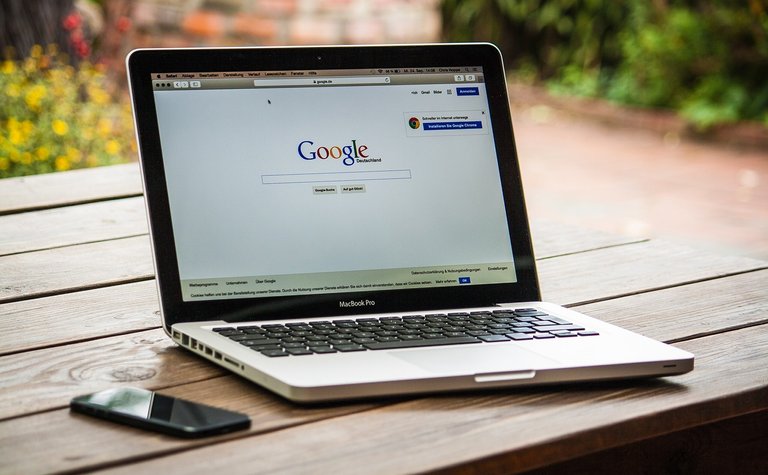
Everything changed with the emergence of the internet we now have multi-source of information, which means the conventional media ability to control the narrative of a story has reduced significantly. The people have become the gatekeepers of their own story, choosing which information is news worthy or not without the interference of any governmental entity. Definitely with internet comes freedom of information flowing through the internet like an unhinged storm but despite the merits of the internet it is not without its own disadvantages. The flow of information on internet is a bit decentralised in nature because it is not controlled by a single entity but the issue with that is, it is prone to abuse.
With this new trend comes the issue of all sort of individuals using the internet as a means of disseminating fake news, propaganda and conflict oriented information. Since the internet is less censored compared to the conventional media all kind of information could find there way to any individual across the world causing panic and chaos in the society. Which prompted the government of some countries to feel the need of restricting their citizens access to internet.
Should access to internet be considered a right? This is a little bit tricky since it is not a stated fundamental human right, more like a natural privilege but restricting citizens access to internet definitely hinders some of the pecks attached to our rights. For instance, freedom of speech and expression. In this present era all kind of limitations has been put in place to limit citizens right to speech and expression but internet ban posses the greatest threat. I mean no disrespect when I say most renowned conventional media are just puppet in the news market which has made it a lot difficult to believe in the information disseminated by the conventional media.
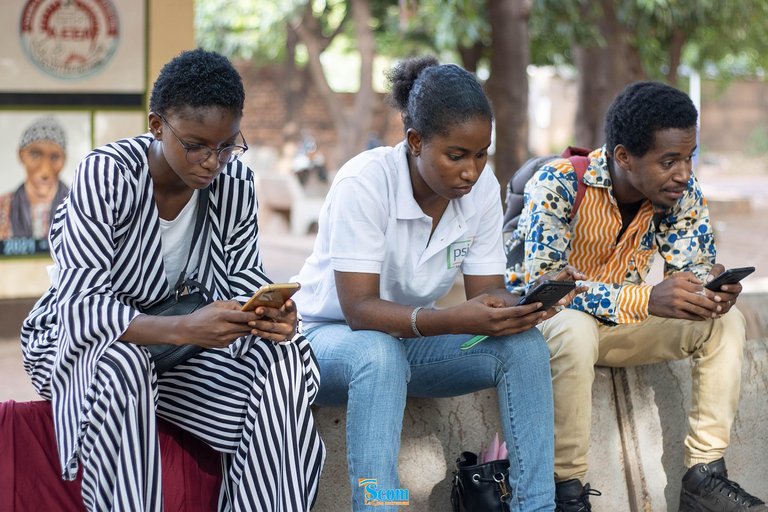
The only medium that allows everyone to express their opinion without being censored by the government is the internet, restricting citizens access to internet regardless of the intention, it is a means of indirectly preventing people from speaking their truth, controling people's narrative and disconnecting them from the rest of the world. Then what will be the point of freedom of speech and expression without the medium that allows us to express our opinion freely?
What will the world be like if such policy was passed and its effects? Well, it is the kind of world I would describe as era of the blind. A world that was made borderless due to the invention of internet will once again become disconnected and separated by physical borders. Giving corrupt government the ability to manipulate information as they see fit knowing the citizens no longer have the means of verifying such information, the conventional media will once again reign supreme based on their ability to act as the hypodermic needle. But then such a policy will definitely be met by resistance from the people causing civil unrest and might warrant government using force to compel the people to obey, bringing back an era of dictatorship, tyranny or fascism.
This write-up was inspired by weekly featured content titled "A fundamental human right" in hive learners community.
Cover image - 𝖣𝖾𝗌𝗂𝗀𝗇𝖾𝖽 𝗎𝗌𝗂𝗇𝗀 𝖼𝖺𝗇𝗏𝖺
Image 1 - Source
Image 2 - Source
Image 3 - Source



